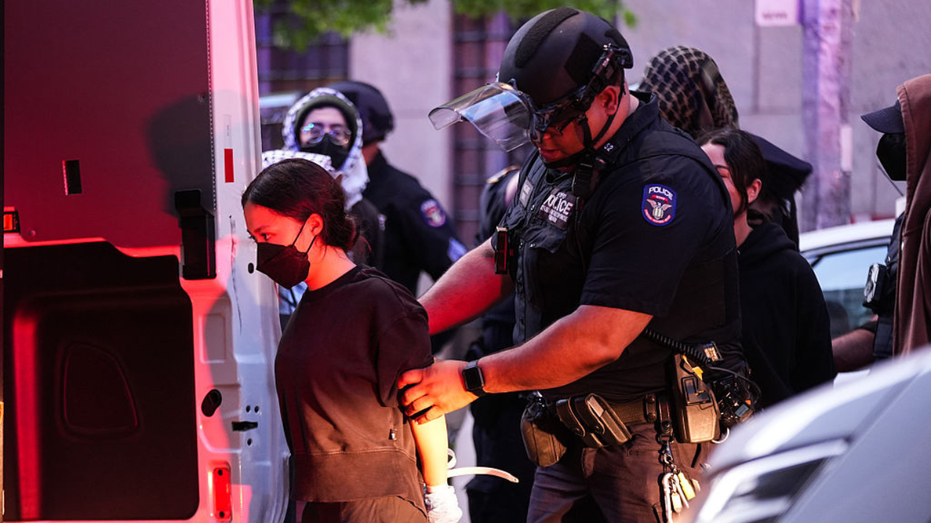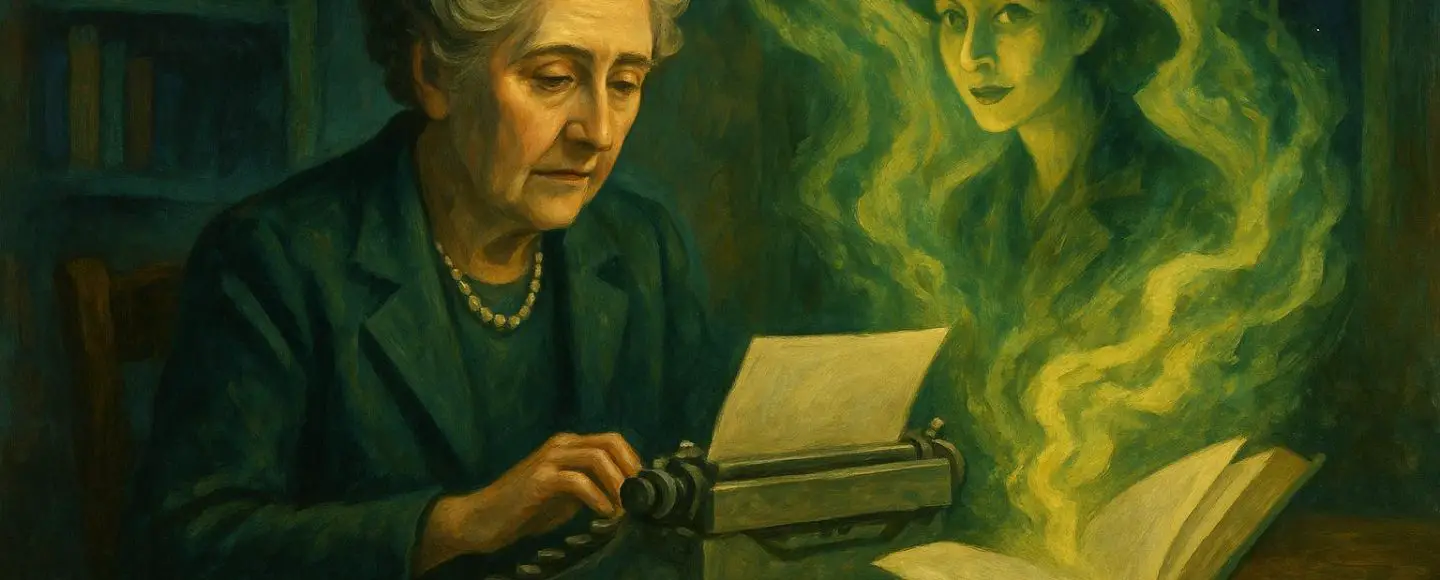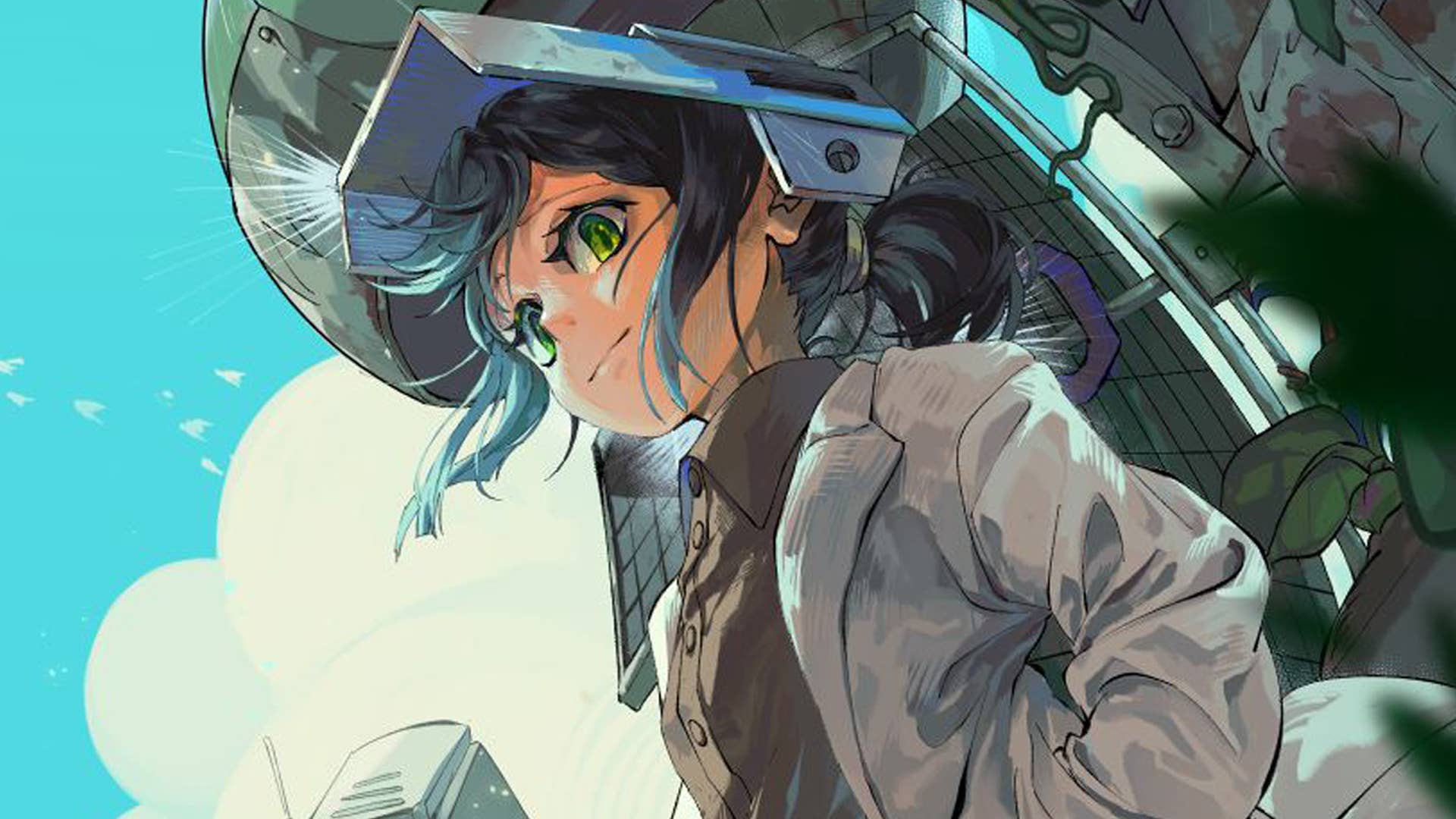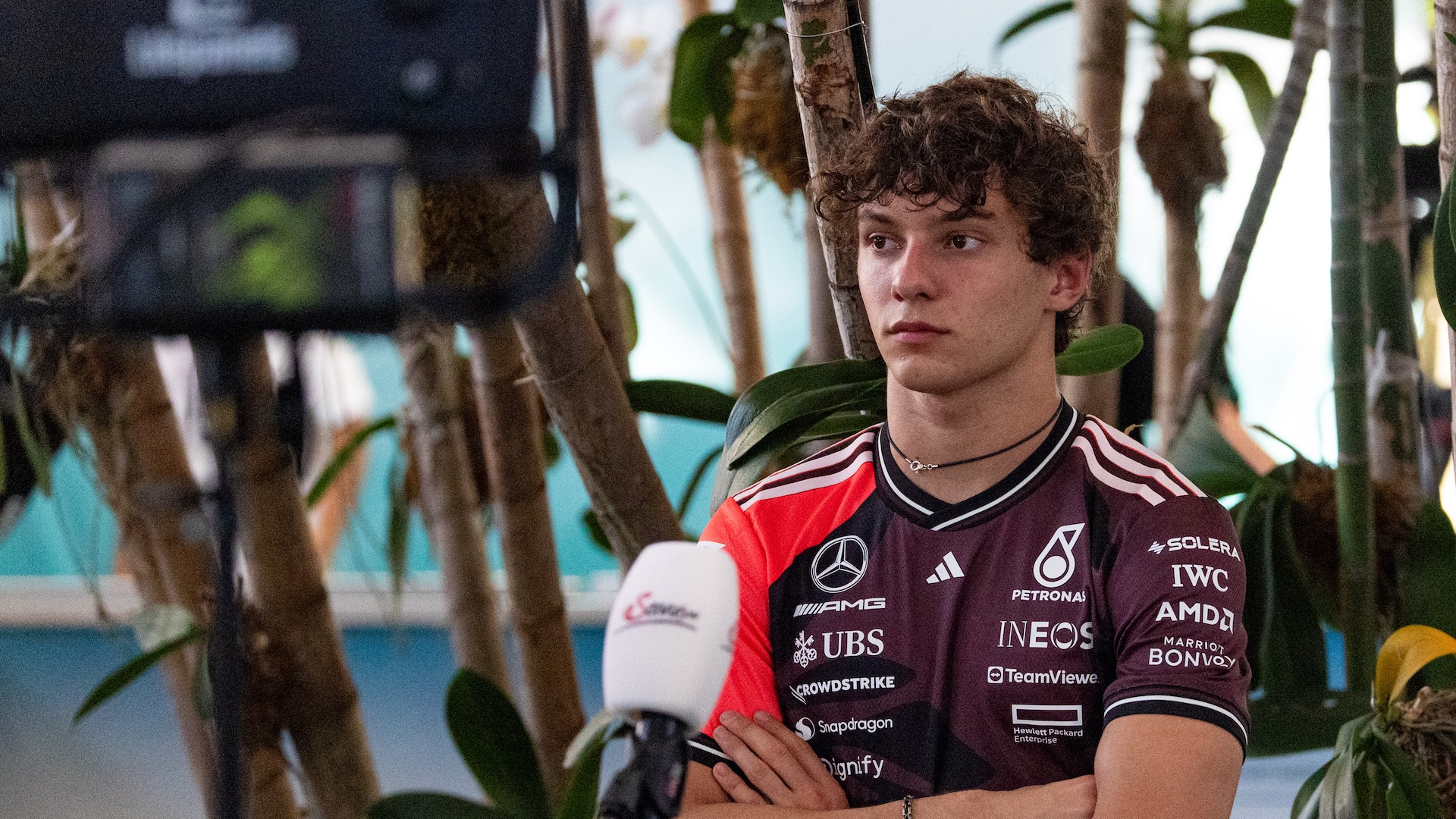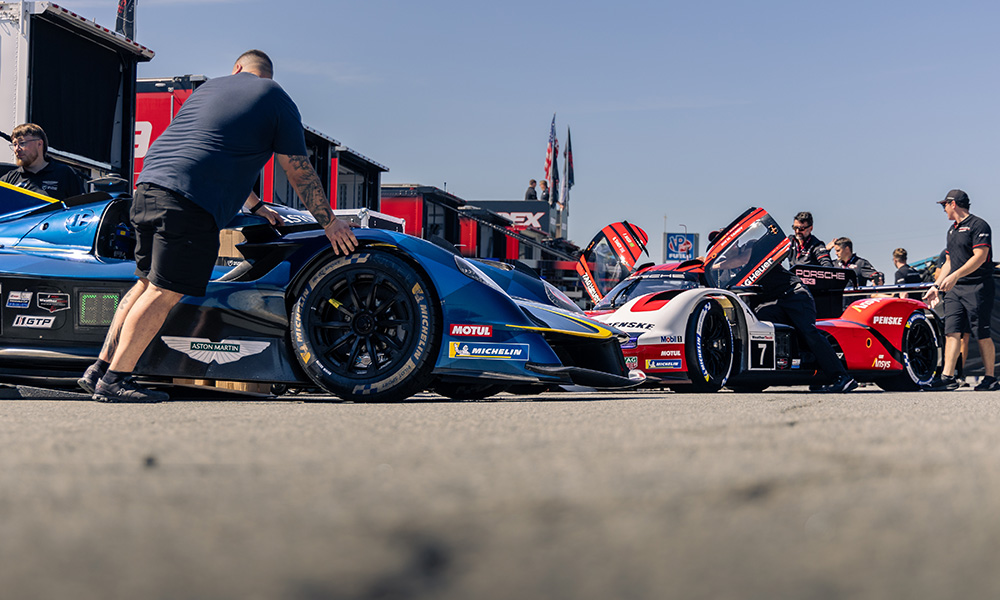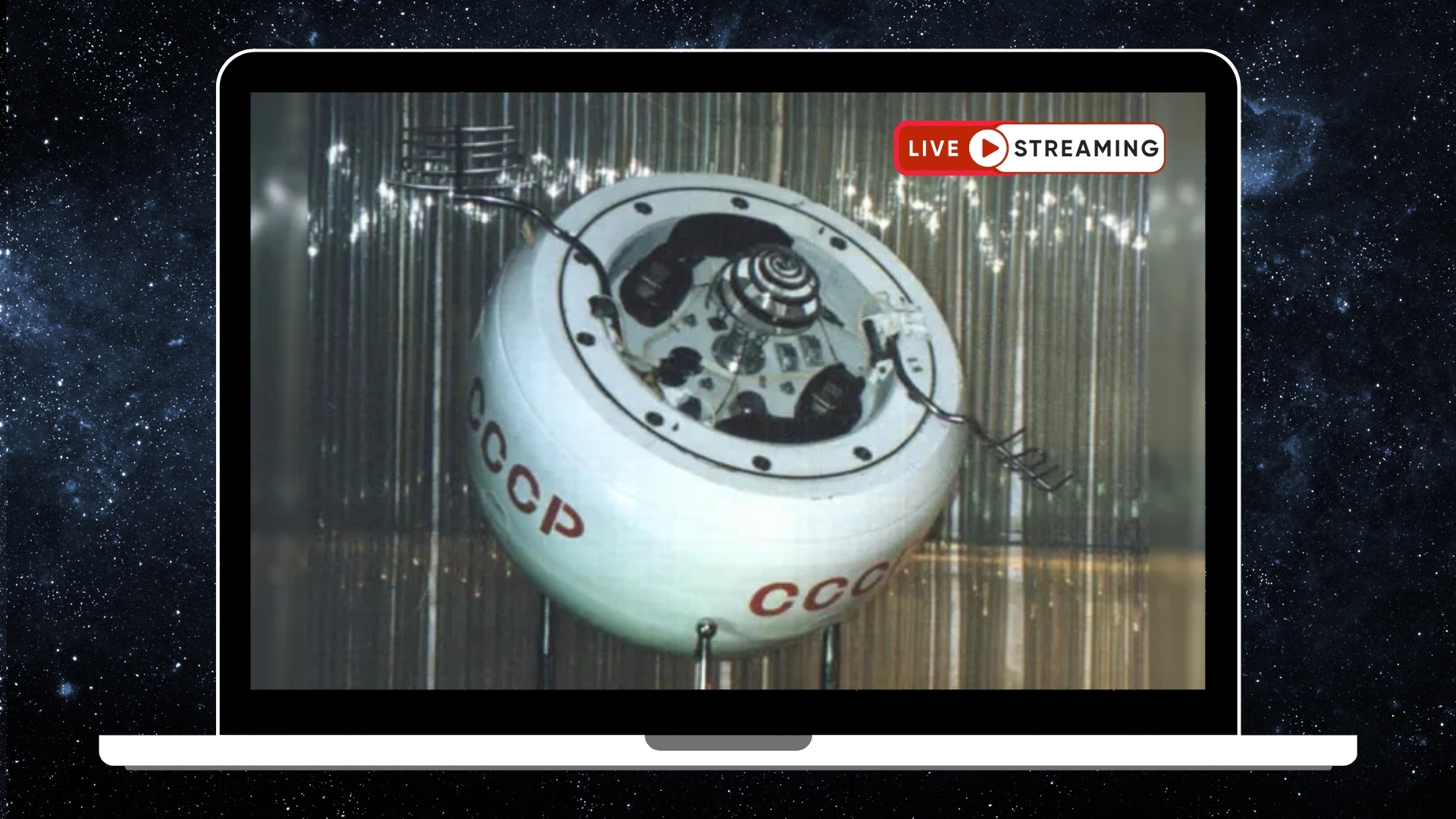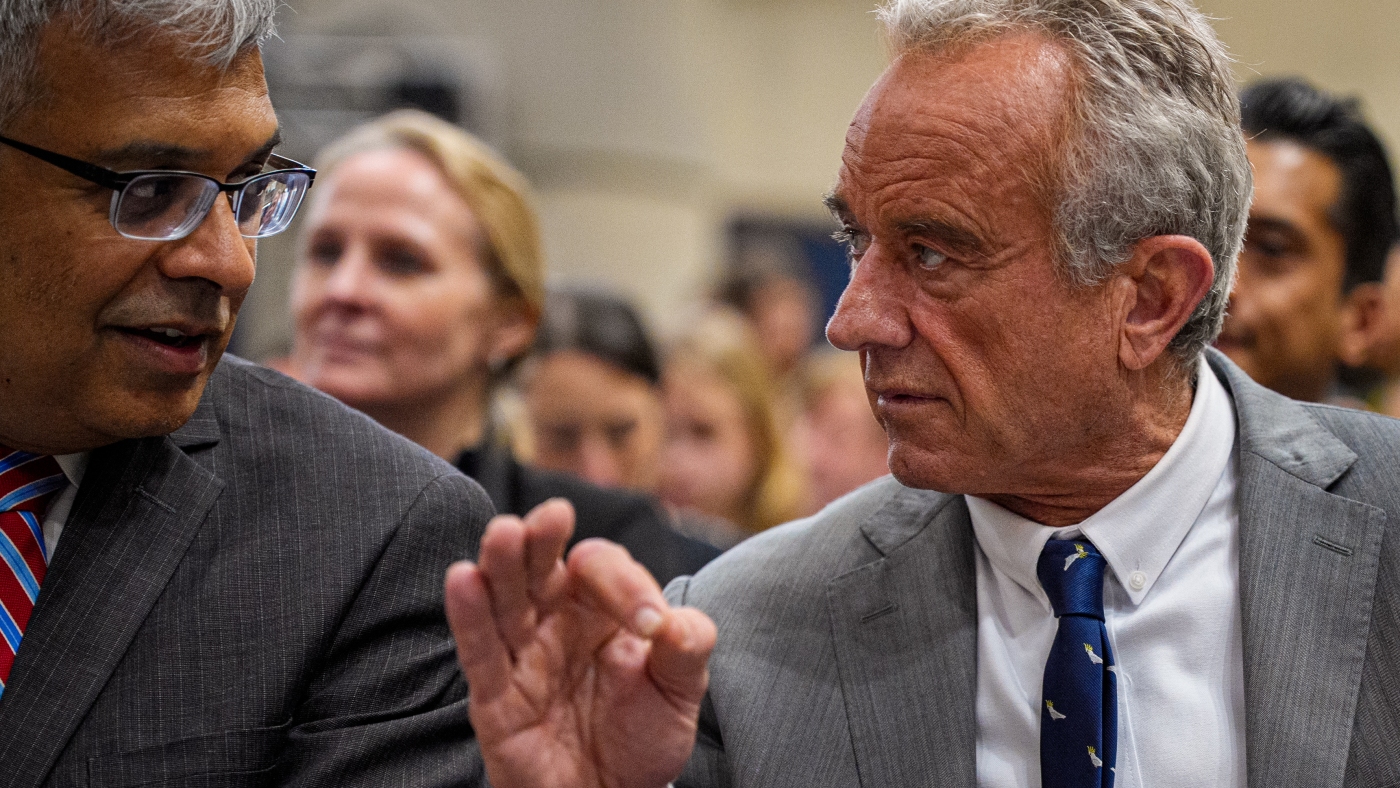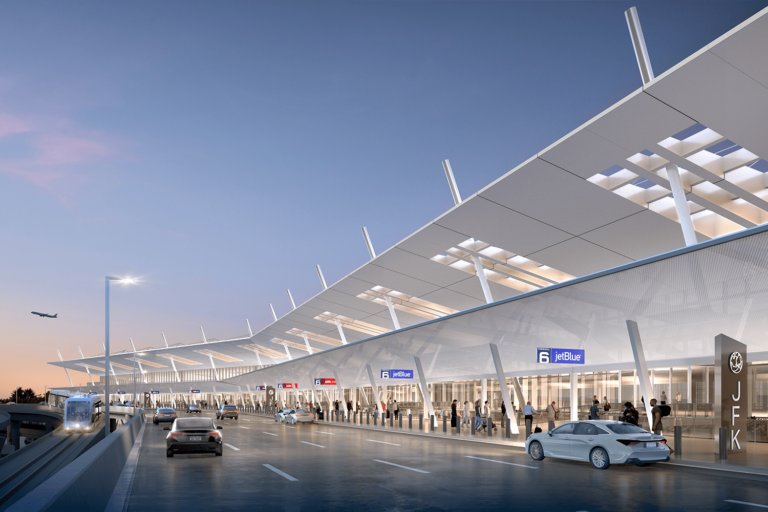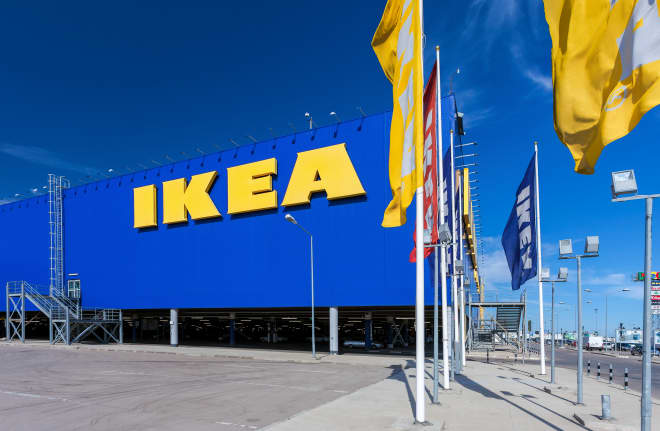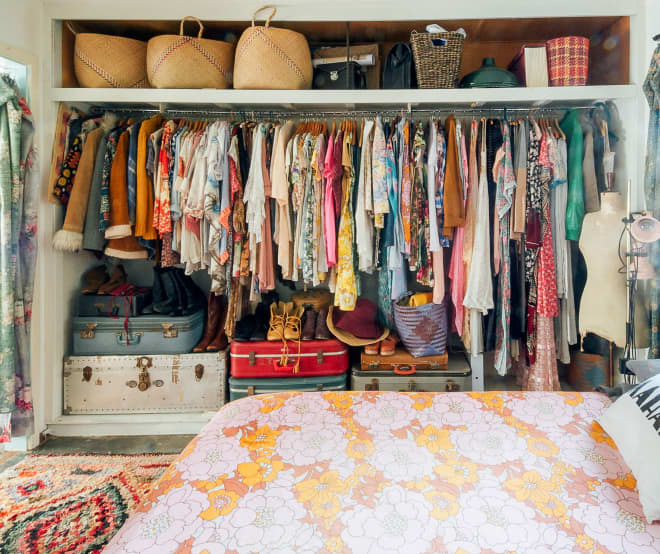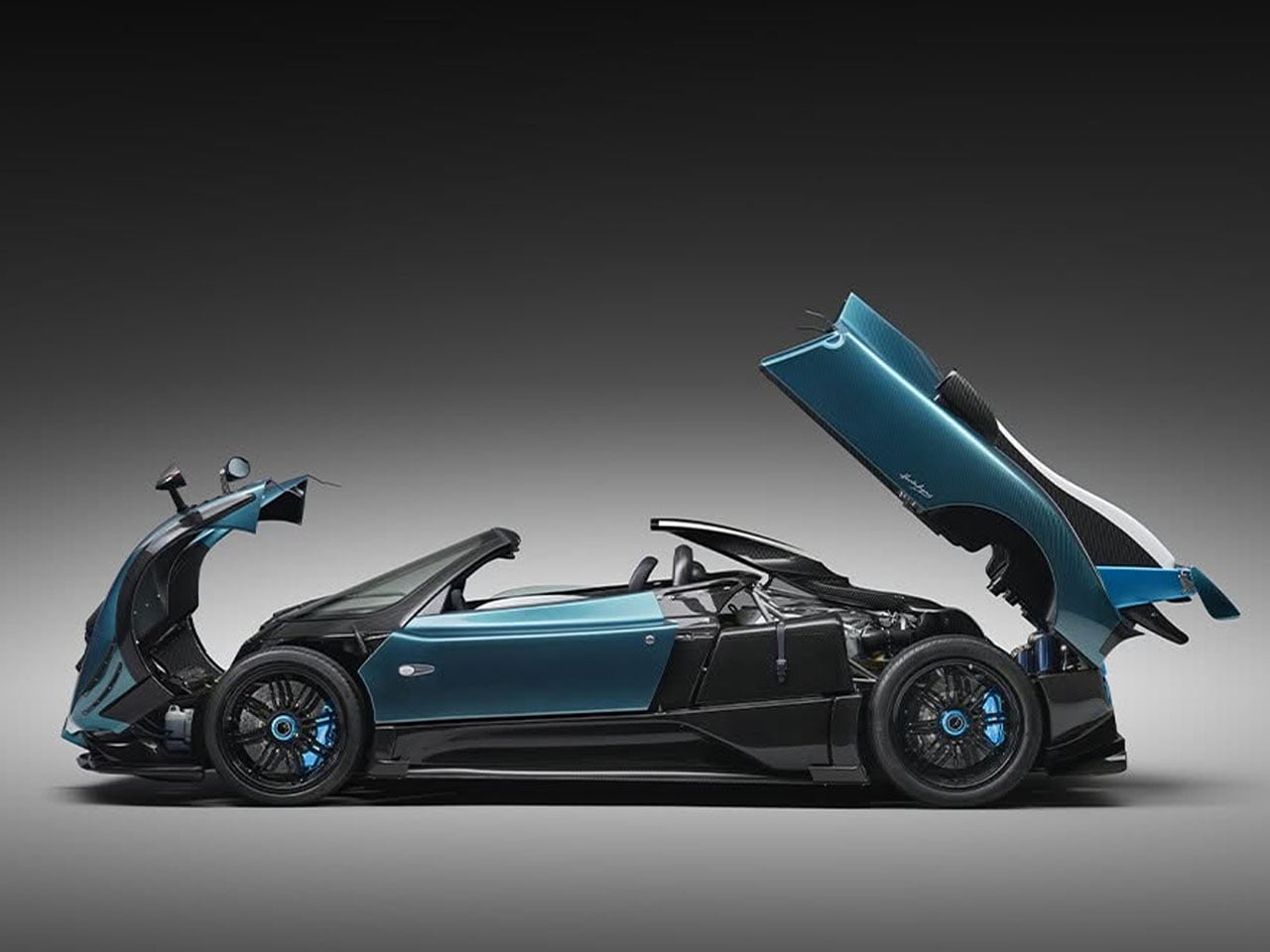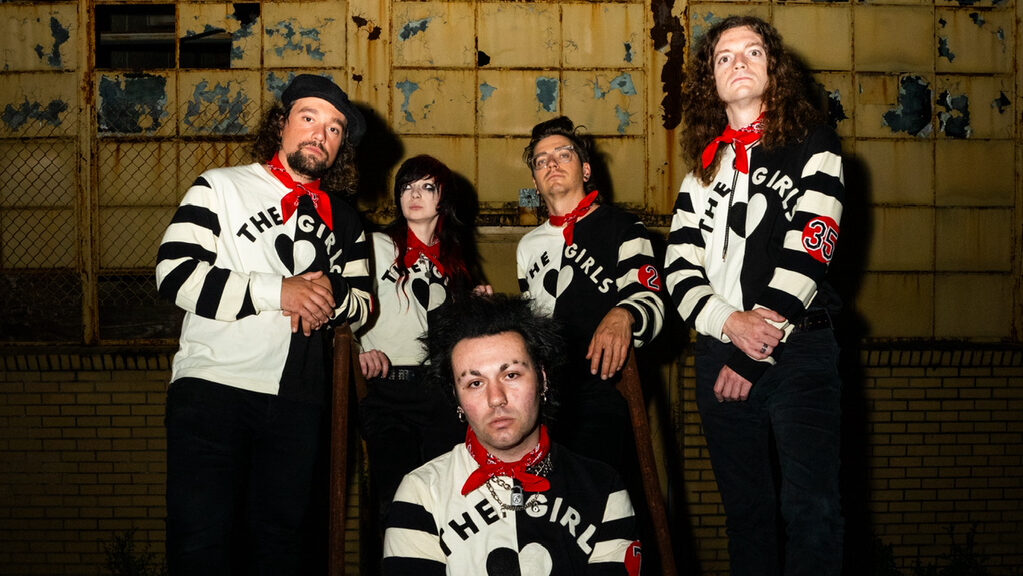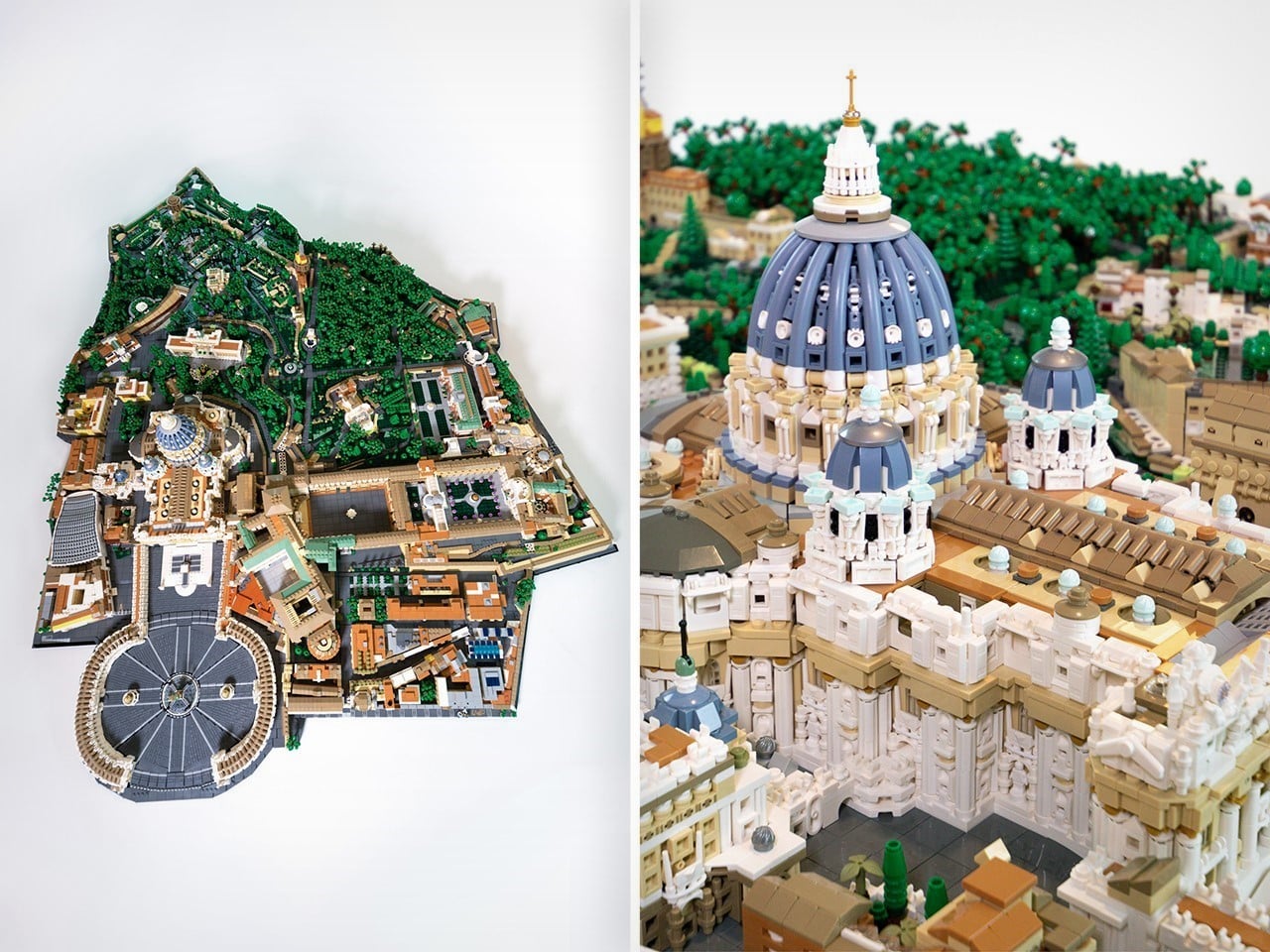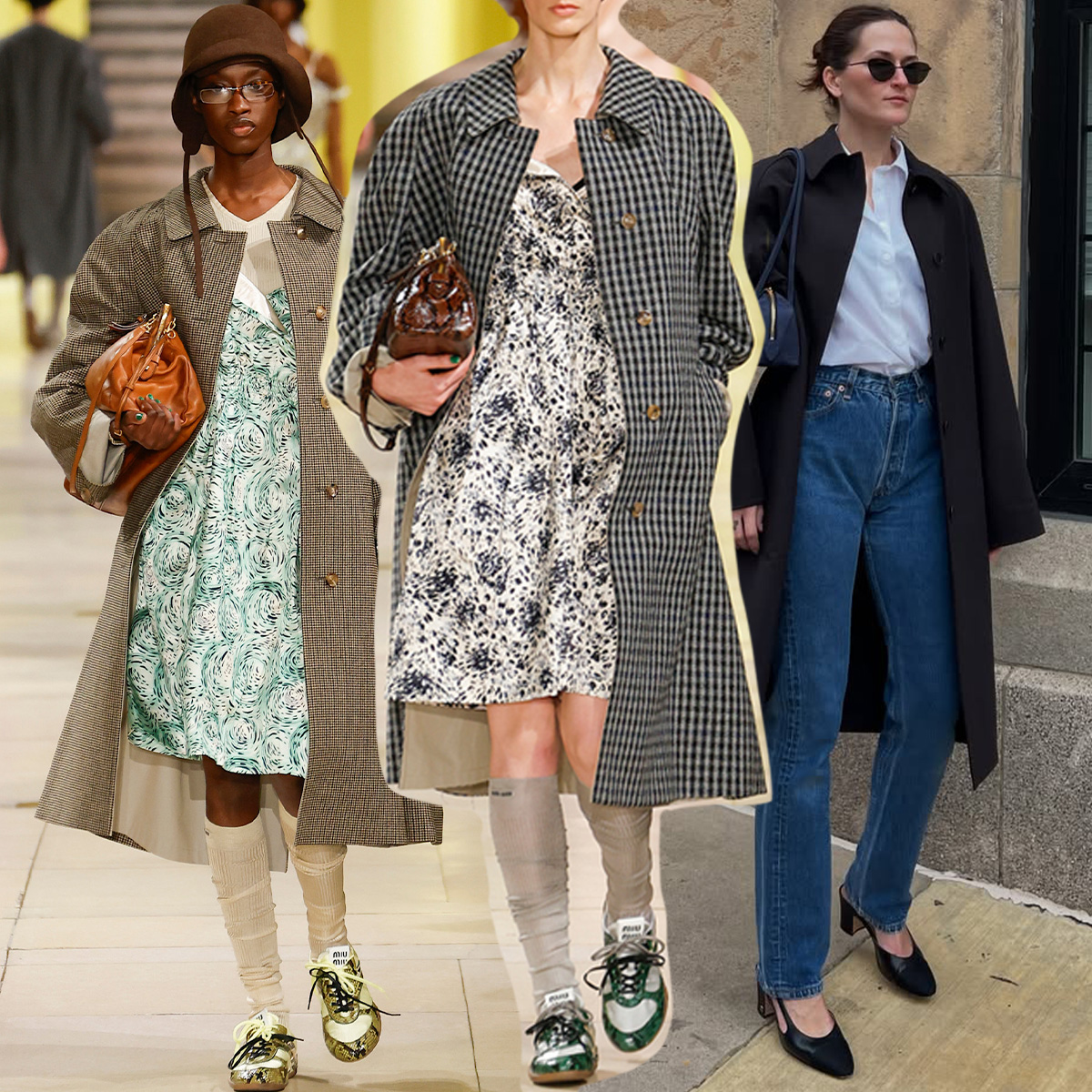The Netherlands creates sports bar at Venice Architecture Biennale
Curator Amanda Pinatih and designer Gabriel Fontana have transformed the Dutch Pavilion at the Venice Architecture Biennale into a sports bar, revealed today as part of our day of exclusive online pavilion openings. Titled Sidelined, the "dynamic sports bar" explores the themes of inclusivity and identity and is dotted with scarves, trophies and screens showing The post The Netherlands creates sports bar at Venice Architecture Biennale appeared first on Dezeen.


Curator Amanda Pinatih and designer Gabriel Fontana have transformed the Dutch Pavilion at the Venice Architecture Biennale into a sports bar, revealed today as part of our day of exclusive online pavilion openings.
Titled Sidelined, the "dynamic sports bar" explores the themes of inclusivity and identity and is dotted with scarves, trophies and screens showing inclusive games played out on shifting and three-sided sports fields.

Pinatih and Fontana's ambition for the Dutch pavilion was to eschew the traditions of conventional sports bars that encourage opposition and division, instead providing a playful space where everyone is welcome.
This aims to encourage discourse on how architecture influences society, putting forward "different futures for architecture that are inclusive, multiple, and imaginative".

"As a site of both social production and identity formation, sports bars unite diverse communities around shared experiences, nurturing a sense of belonging," Pinatih told Dezeen.
"They cheer for one team, but at the same time also exclude others and ostracise them," she said."We asked ourselves, how can we use queering pedagogies and methodologies to transform the sports bar into a place where anyone can feel welcome, feel seen and valued?"

"The pavilion is designed to invite visitors to engage actively, reflect critically, and envision new possibilities for more connected and compassionate communities," added Fontana.
"All while incorporating a sense of humour, which is very important to us, to address serious topics in a warm and approachable way," he told Dezeen.

The main focus of the Dutch pavilion is a series of screens playing footage of games designed by Fontana that challenge sporting conventions, such as binary competition.
Among them is Multiform, a game on a three-sided sports field influenced by work by Situationist artist Asger Jorn that imagined football played out on a hexagonal pitch with three teams rather than two.
Players have transformable kits allowing them "to take on fluid identities" and "showing us how we can experience the world in a nonbinary way", Fontana said.
Another game is Anonymous Allyship, where players from different ages and communities are dressed in the same kit, meaning they have to rely on "hidden clues" to identify teammates.
"Anonymous Allyship explores how belonging influences feelings, behaviour and performance in a group," Fontana said. "The goal is to provide a tangible experience of both inclusion and exclusion, revealing the impact of social connection or alienation on individuals and society."

The final game visitors can watch is Fluid Field, a game held on an ever-changing field that is projected on the ground.
"The players thus find themselves taking part in a form of social choreography, questioning whether it’s the field that is shaping the players’ actions or if it’s they who are pushing the space’s boundaries," said Fontana.

Curated for Het Nieuwe Instituut, the Dutch pavilion builds on both scholar Sara Ahmed’s theory of queer phenomenology, as well as Fontana’s research into social dynamics through sport.
Pinatih and Fontana hope visitors will be encouraged to reflect on themes such as identity and inclusion at a time of increasing societal fragmentation.
"In a time marked by profound division and societal polarisation, we aimed to harness the power of design not only as a form of creative expression but also as a method and medium for reshaping the social dynamics of everyday life," said Fontana.
"We hope that visitors will recognise the value in approaching society through a non-binary and fluid lens, appreciating the richness and complexity that exists beyond rigid categories and fixed identities," added Pinatih.
"We want them to see that fluidity is not a source of instability, but rather a strength that can lead to more vibrant communities," she said.

This year's Venice Architecture Biennale has been curated by architect Carlo Ratti. In a recent interview, he told Dezeen this year's event will be focused on people and the climate.
"I would say this is a people-focused biennale, because, no doubt, the climate is one of the biggest challenges we all face as people," he told Dezeen.
The photography is by Cristiano Corte.
The Venice Architecture Biennale takes place from 10 May and 23 November 2025. See Dezeen Events Guide for all the latest information you need to know to attend the event, as well as a list of other architecture and design events taking place around the world.
The post The Netherlands creates sports bar at Venice Architecture Biennale appeared first on Dezeen.

